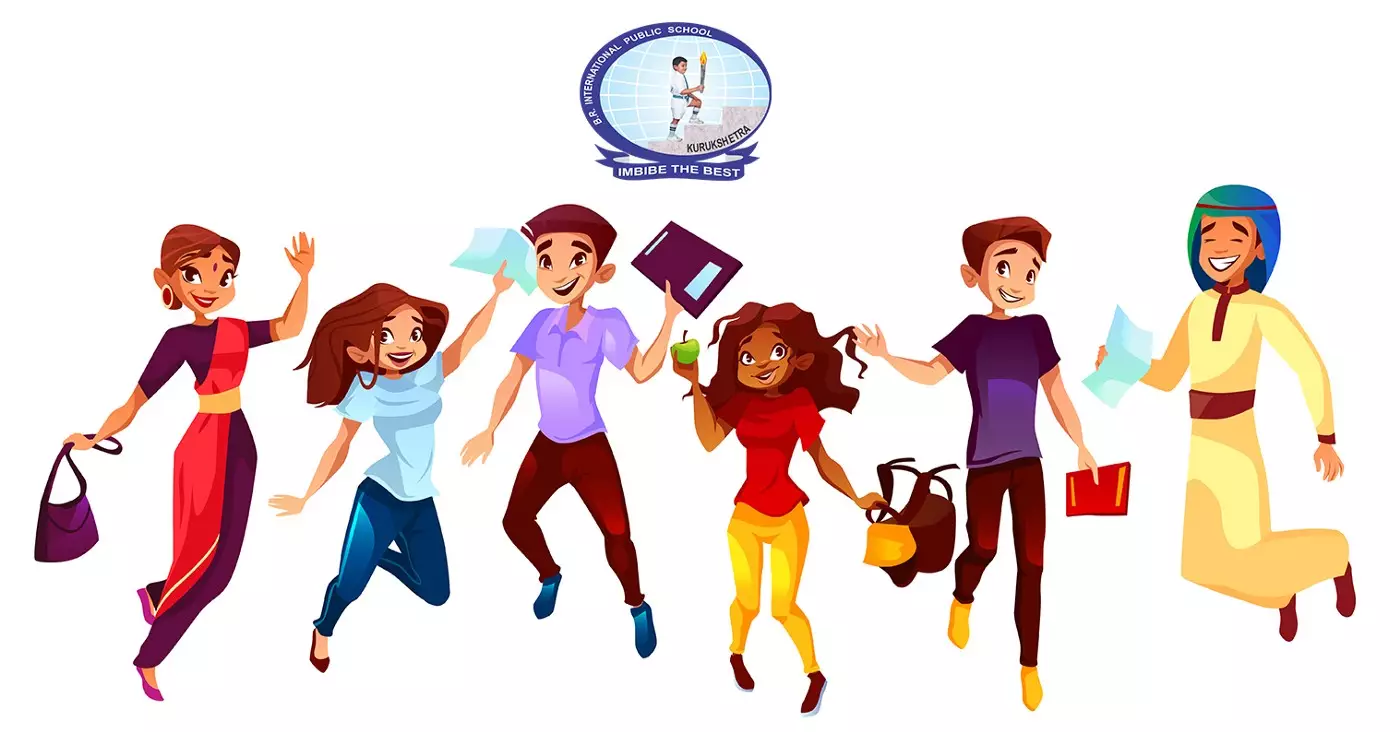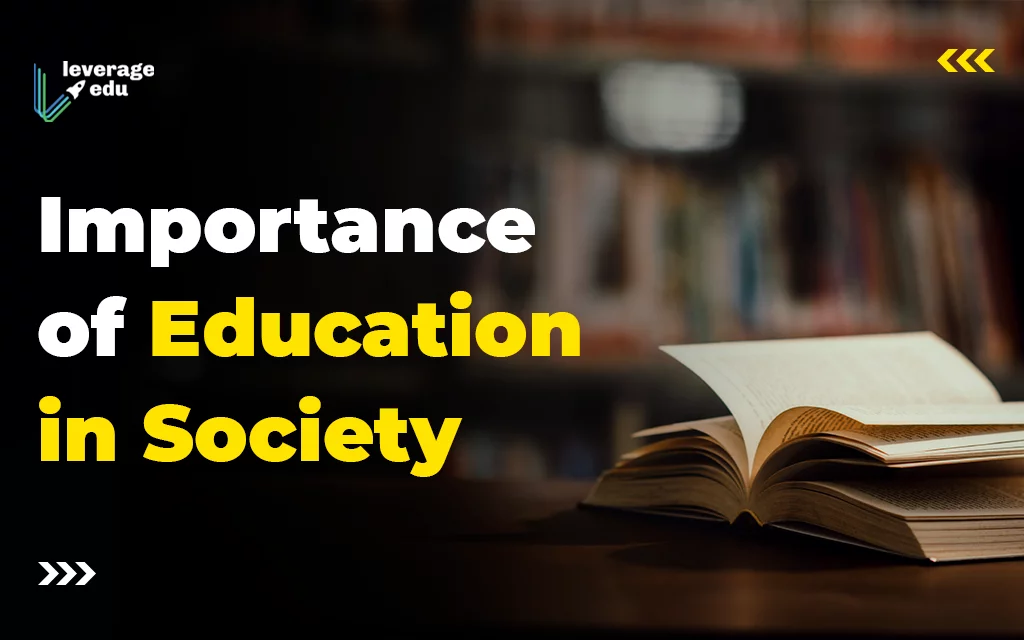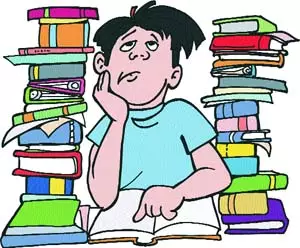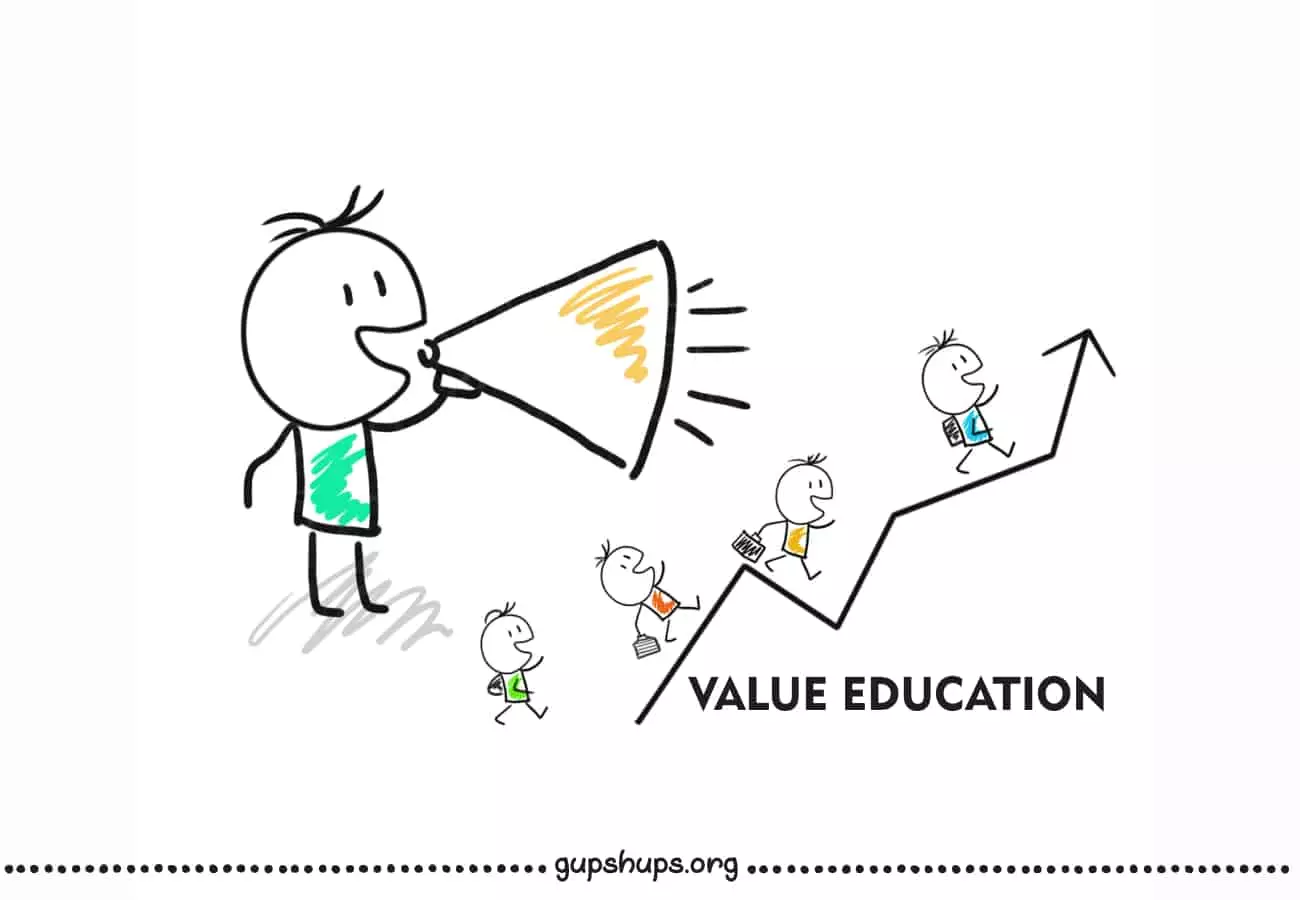What is Four Pillars of Education?
Four Pillars of Education.
UNESCO is the UN agency that deals with education. It regularly held a special meeting with the nine countries (called E-nine) of its members: Bangladesh, Brazil, China, India, Indonesia, Egypt, Mexico, Nigeria and Pakistan. One of the most important outcome of the meeting held in Jomtien (Thailand) to produce the declaration of “Education for All” which means education for all, identified four pillars as the foundations of renewal and reform of education.
List of Four Pillars of Education.
Learning to know:
This study focused on the concept of basic and general knowledge with the opportunity to work on specific areas that continue to develop in accordance with changes in science and technology and socio-economic activities. Learning to know is contained on the meaning of learning how to learn. In this case covered three aspects: what is learned, how can I make people can know and learn, and who is doing the learning.
Learning to do:
This learning concept of humans complement with thinking skills, initiative and honed sense. The concept is linked to the world of work, namely to help people prepare themselves for a living (working). Conceptually learning to do sports together with the concept of learning by doing or learning by doing or working.
This means that learning is not just heard, but the experience of practicing an activity represents a way to acquire knowledge, and is not a result of the activities. Learning to do is manifested by various forms of vocational education and training programs.
Learning to live together:
This learning concept of humans complement with diverse knowledge of skills, attitudes, values and competence of subjects to learn to participate and co-operate in various activities. The concept of learning’s to live together is expected to overcome various conflicts arising in a global society with pluralities where there are differences in culture, geography, and ethnicity and so forth.
Learning to be:
This learning concept refers to the maximum development of human potential to actualize itself through freedom and wisdom to make choices With a strong sense of responsibility. By learning to be human imply he/she must know who he/she is know the weaknesses and strengths to build a complete person continuously.





